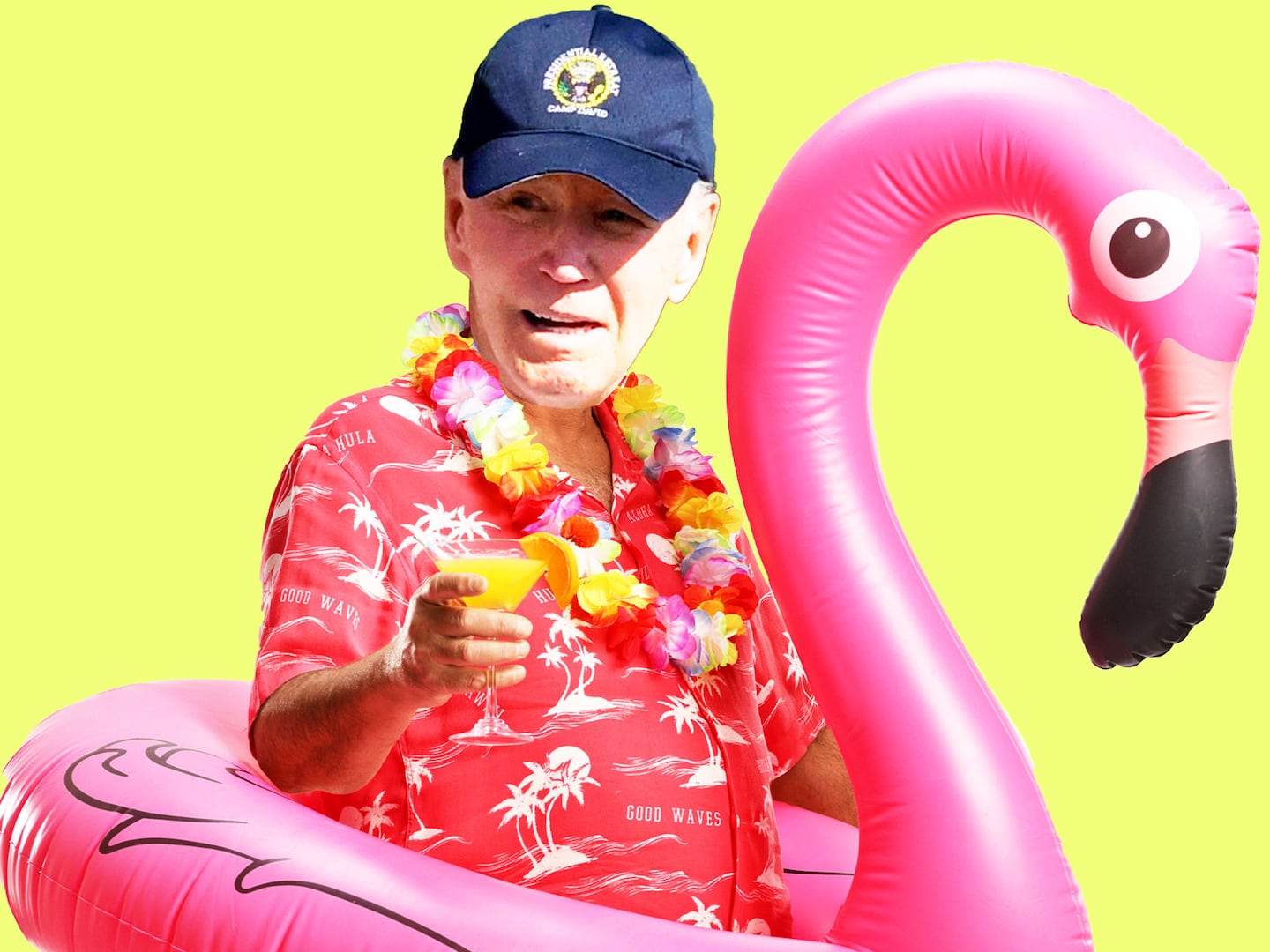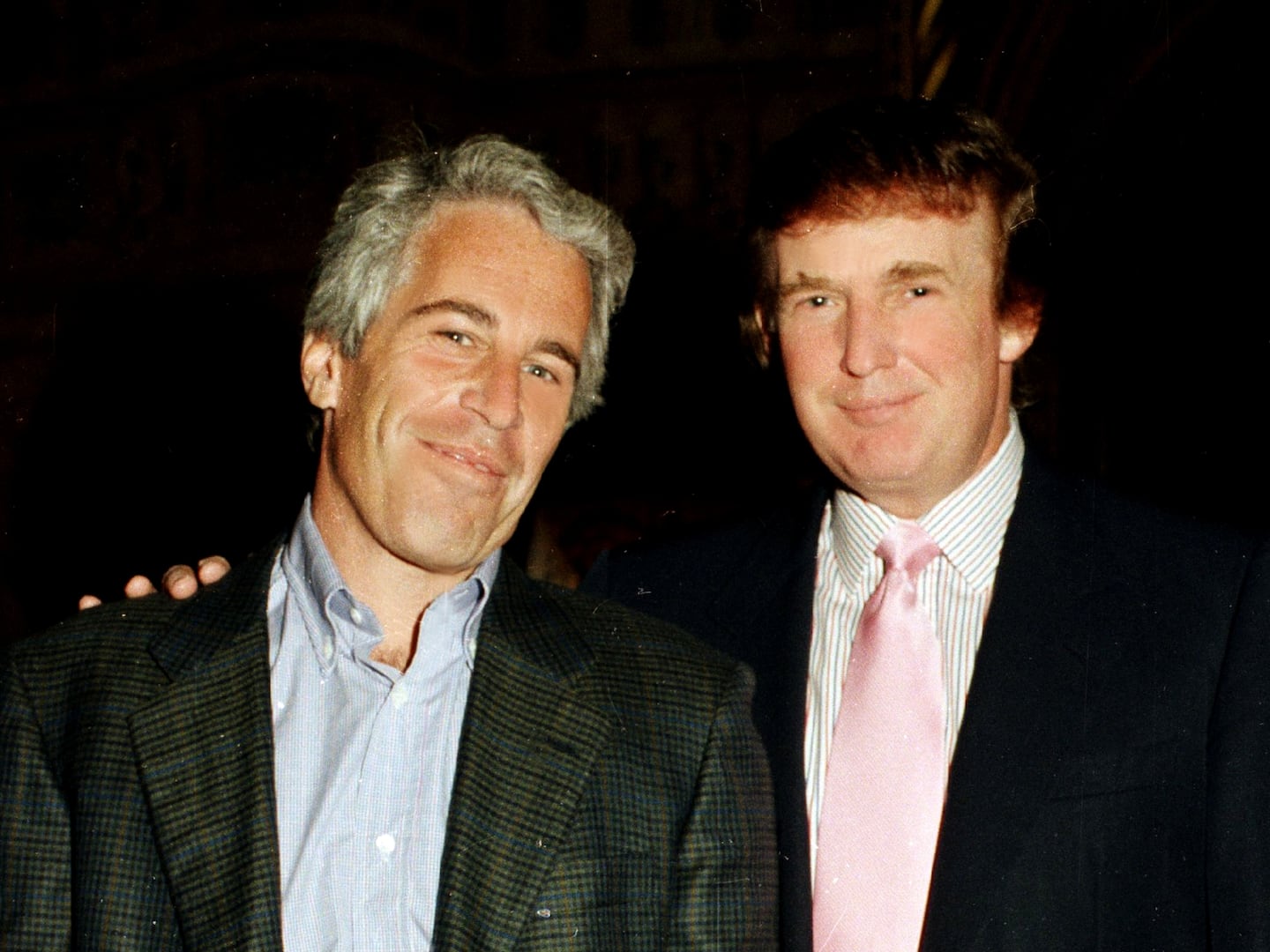They’re delusional, alcoholic losers with a superiority complex. They live in filth and huff glue and do many, many idiotic things. These are the characters of television’s least stereotypical sitcom, It’s Always Sunny in Philadelphia. And, after finishing its ninth season, it’s undeniably deserving of our praise.

The New Yorker’s Emily Nussbaum, in a love letter to the show, extols its unusual edginess: “In a fairer universe, it would be heralded as not merely the best sitcom on television but one of the most arresting and ambitious current TV series, period.” (It’s Always Sunny hasn’t won an Emmy.)
So how does a show that frequently features “whores,” the phrase “banging,” and the nagging feeling that any second a character will be showered with feces or stabbed, manage to be so binge-worthy? While superficially about drinking, dirty pranks, and get-rich-quick schemes, It’s Always Sunny doesn’t shy away from news headlines. Aggressively disturbing plotlines about things like rape are delivered with perfect irreverence. Unlike the classic “very special episodes” on television, here not a single lesson is learned.
Really though, what makes It’s Always Sunny so great is that while Mac, Dennis, Dee, Charlie and Frank are selfish, they are honest to one another. Whereas we might indulge a friend’s silly aspirations or answer vain questions with what they want to hear, the gang blatantly says when ideas are stupid, jokes are unfunny, and weight or illiteracy is a problem. They bicker and backstab and yell—and there is quite a bit of yelling. Yet, no matter how much blood is shed and bullets are fired in a twenty-minute episode, the gang sits around shooting the shit in the end. These people are the definition of BFFs.
Of course, knowing that Charlie Day and Mary Elizabeth Ellis are actually married makes watching Charlie’s pathetic pining after the Waitress even more endearing. Listening to Mac and Dee’s brutal critique of one another’s appearances and intelligence feels like you’re in on a private joke when you consider that the actors are married with two children. It’s no wonder that Rob McElhenney, Glenn Howerton, and Day are all friends in real life.
While at the base of the show’s appeal is its absurdity, in some ways, the characters of It’s Always Sunny are realistic. Despite desperate attempts to convince their exes, high school friends and foes and, above all, themselves that they are smart and successful, the reality is they are none of those things. They’re just self-described badasses, clinging to the lost years of their 20s and desperately seeking relevancy.
When stripped entirely of context, without actors and solely on paper, the funniest moments of It’s Always Sunny are often really creepy and always offensive. It’s a testament to the brilliant minds behind the show. Here, we examine a few scenes.
Dennis and Dee Go On Welfare
Two middleclass thirty-somethings ditch their day jobs when they discover a more lucrative career: unemployment. Soon, the pair are sitting on a stoop, drinking cans of beer out of paper bags and singing along with a boombox blasting Biz Markie’s “Just a Friend.” In the middle of the afternoon. “I’ve got to get to Broadway and welfare’s the key,” one of them says when their applications are rejected (they can’t prove their respective mental retardation and crack addiction). To get the proper blood work, the siblings buy two “rocks of crack” for $200 and become crackheads.
The Gang Buys a Boat
A man convinces two of his friends to pool their life savings and buy a boat. He wants to take unsuspecting women into the open seas at night where they are unable to refuse his sexual advances “because of the implication.” He doesn’t plan to hurt anyone, the man explains to his concerned friend, he simply wants to lure women into a situation where they felt they had no other choice but to have sex with him “because of the implication” that they might be in danger.
Dennis Reynolds: An Erotic Life
A man challenges his friend to live like him, providing her with long underwear that he insists she’ll need because his apartment has no heat. In case she has to “pee pee,” he offers her a coffee can filled with urine. She is told to eat cat food, huff glue, and drink beer because the combination creates a “weird chemical reaction” that will render her so sick and tired that she’ll fall asleep. (This is the only way to drown out the noise of the fifty stray cats that cry outside his window.)
Sweet Dee Gets Audited
The IRS catches onto a woman’s scheme to claim a child she gave birth to as a surrogate as a dependent. She kidnaps a baby, then holds a funeral in a bar—complete with a tiny casket filled with the dead body of an alley dog—to fool the agent into thinking the baby died. “This is dark,” her father observes. “Darkest thing we’ve ever done,” her brother agrees.
Frank Reynolds’ Little Beauties
Several children are dropped off at an Irish bar in South Philly to participate in a beauty pageant that is under investigation. The miniature man in his 50s who is funding the pageant has his makeup done at a funeral parlor. He repeatedly insists that he is not attracted to any of the contestants. The only boy in the competition dances shirtless to an EDM remix of “Yankee Doodle,” fake abs painted on his stomach.
The Nightman Cometh
An illiterate janitor writes a musical to woo a woman who has a restraining order against him. The play is about a princess who works in a coffee shop and is in love with a little boy. “Tiny boy, little boy, baby boy, I need you,” she sings. “Tiny boy, little boy, want to make love to you.” The little boy becomes a man when a dark and mysterious figure pays a troll to get into his bedroom and sneaks into his bed from behind, presumably raping him beneath his blanket.
Sweet Dee’s Dating a Retarded Person
A young woman starts observing her new boyfriend’s behavior when her friends insist that he has a mental disability and keep score of how “retarded” or “not retarded” his actions are.
Who Pooped the Bed?
Two grown men sleep in the same bed. One of them defecates. The feces is brought to a university science lab where they run into an economics major who enjoys looking at poop and is willing to analyze the stool sample. Whoever produced the poop consumed some newspaper, a bit of credit card, and wolf hair. This offers no conclusion as both men apparently have the same diet. Eventually, several people squat over a newspaper in the hopes of matching a fresh specimen with the one in question. The hunt finally comes to an end when the elder man admits that he’s been the one pooping all along, because “poop is funny.”






